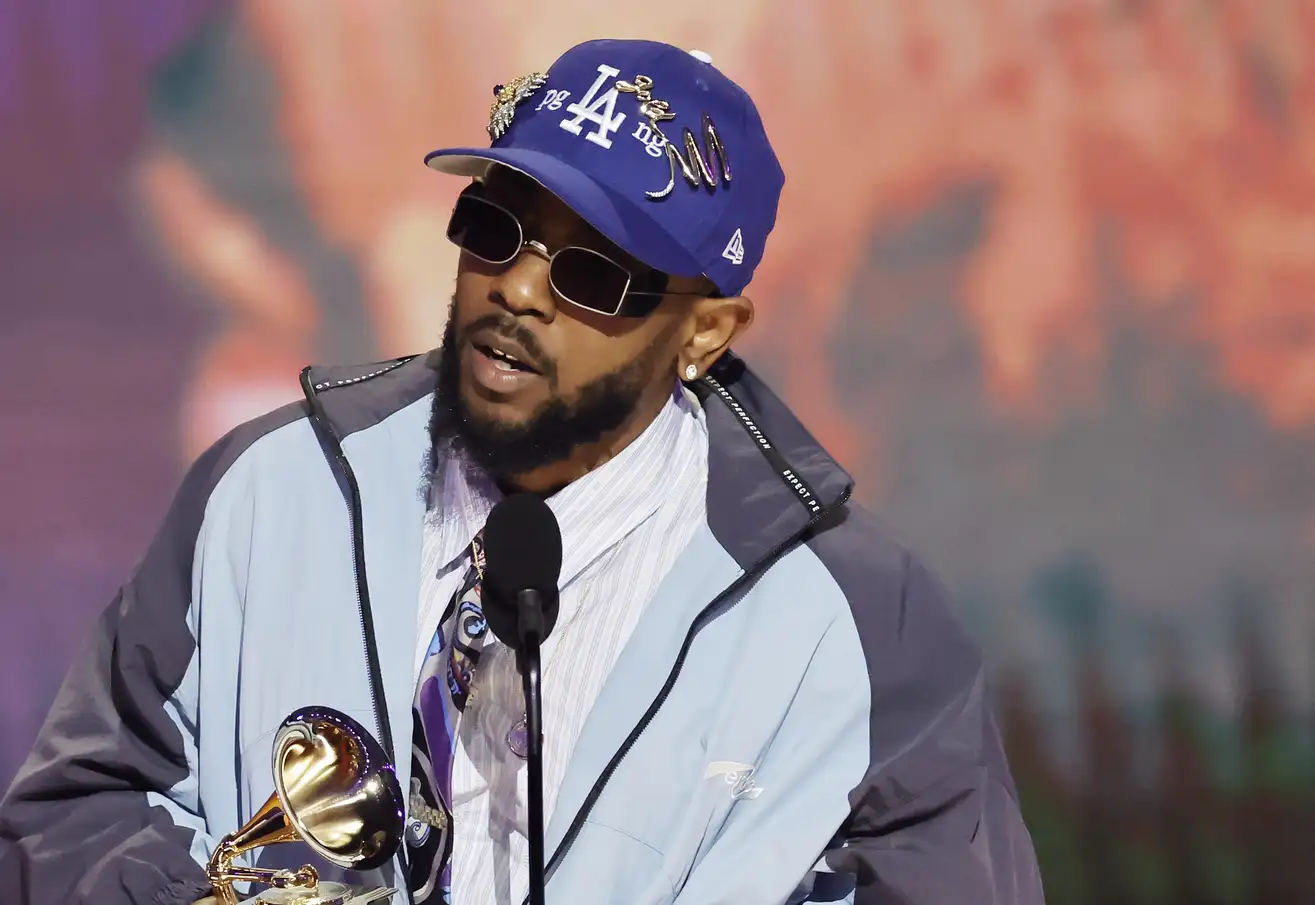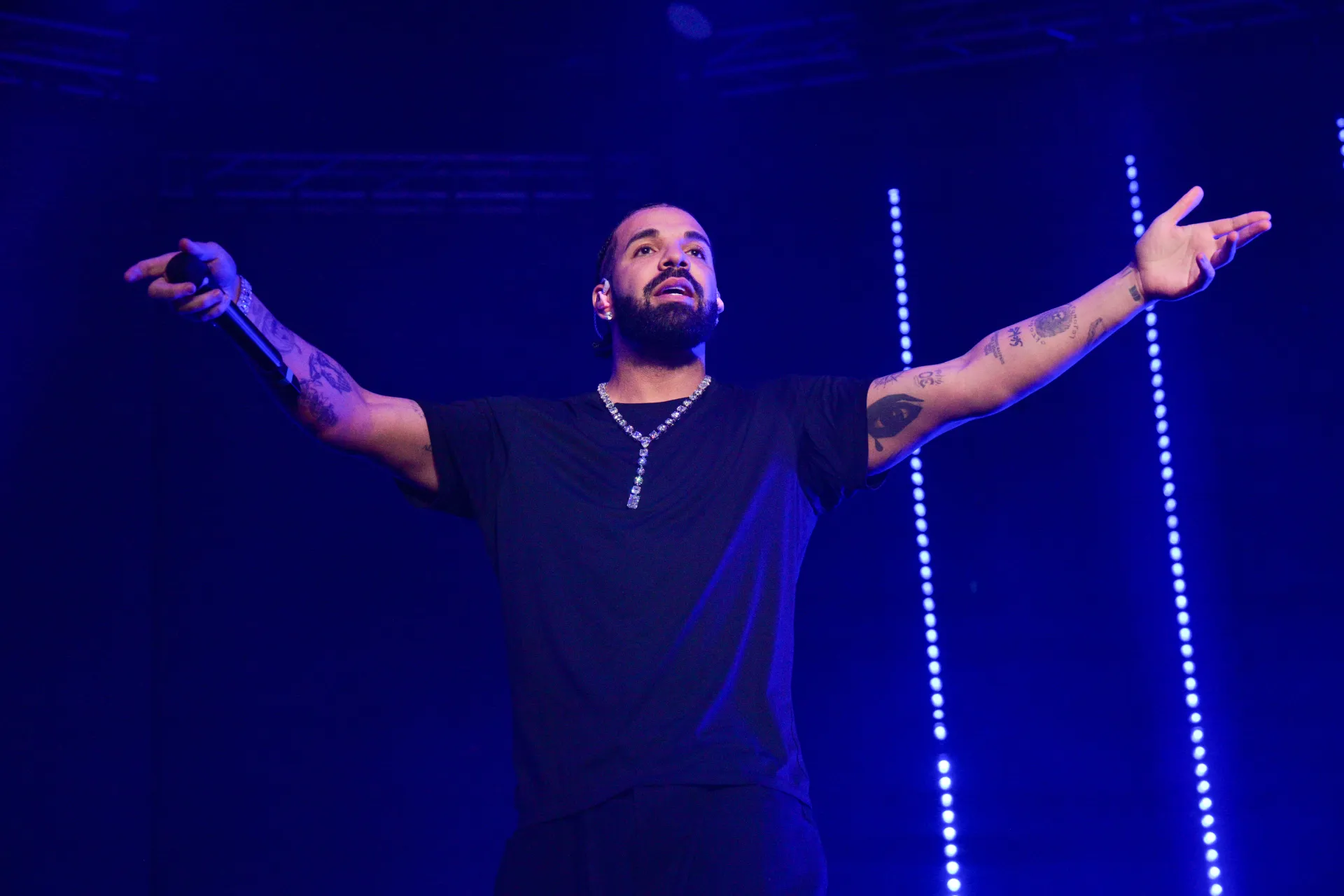By Erika Koutroumpa,
In recent weeks, the world of hip-hop has been captivated by a fierce lyrical battle between two of its giants: Drake, a leading commercial rapper, and Kendrick Lamar, a Pulitzer Prize winner. Their heated exchange of verses has gone beyond typical rap battle content, with each artist making serious accusations against the other. Lamar has accused Drake of predatory behavior, while Drake has countered by alleging that Lamar has physically abused his wife. These explosive claims have raised questions about the potential for legal repercussions, specifically whether these accusations could serve as grounds for a defamation lawsuit.
Traditionally, hip-hop feuds have been marked by sharp lyrical exchanges, a staple of the genre since its creation. However, the current feud between Drake and Lamar has escalated to unprecedented levels, thanks in large part to social media and the artists’ decision to make their battle commercially available. Lamar’s decision to remove copyright protections from his songs has allowed for widespread dissemination and engagement, involving fans for the first time in such a scale. Producer Metro Boomin added further fuel by releasing “BBL Drizzy,” an instrumental track allegedly mocking Drake’s rumored plastic surgery, which has also become freely available on SoundCloud. This democratization of diss tracks has invited the audience to participate actively, creating a viral phenomenon.
Despite the intense personal attacks, the history of hip-hop shows that these battles rarely result in legal action. The 80s and 90s were rife with similar disputes, yet no rapper has filed a defamation suit over an opponent’s lyrics in the past 40 years. This trend is likely to continue, partly because the commercial success of such feuds benefits not just the artists but also their record labels. In this case, Universal Music Group, the parent company of both Drake’s and Lamar’s labels, can be assumed to have made significant earnings from the heightened public interest.

Defamation, defined as damaging someone’s reputation through false statements, can be a complex and difficult case to prove. The statements must negatively impact how the individual is perceived in their community, and the accuser must demonstrate actual harm. Additionally, the law seeks to balance this with the right to free expression, as protected by Article 19 of the Universal Declaration of Human Rights. This right allows individuals to express themselves, participate in public discourse, and seek personal fulfillment.
For a court to rule in favor of a defamation claim, several factors must be considered: the truthfulness of the statement, its relevance, the interpretation by the audience, and the intent (mens rea) behind the statement. Celebrities face a higher burden of proof. They must show that the false statements were made with “actual malice,” meaning there was a deliberate intention to harm the other person’s reputation. This is a significant hurdle, as lyrical exaggerations for artistic effect are often not deemed sufficient proof for defamation.
Drake’s latest track, “The Heart pt. 6”, addresses the allegations against him, but Lamar has yet to respond publicly to Drake’s accusations. The likelihood of either party pursuing legal action remains slim to none, given the commercial and reputational stakes involved. The feud, while intense, continues to play out in the court of public opinion rather than in a legal setting.
In conclusion, while the accusations between Drake and Lamar are serious, the historical context and legal complexities make it unlikely that their feud will escalate to a courtroom battle. Instead, it remains a high-stakes game of lyrical one-upmanship, captivating audiences and driving engagement in the ever-evolving landscape of the hip-hop genre.
References
- Drake and Kendrick Lamar could sue each other for defamation over accusatory slurs exchanged in their diss tracks, says lawyer. Business Insider. Available here
- Can Drake & Kendrick Sue Each Other For Defamation Over Ugly Diss Track Accusations?. Billboard Pro. Available here
- Bonnie Docherty, “Defamation Law: Positive Jurisprudence”, Harvard Human Rights Journal V13.
- Defamation. Cornell Law School Legal Information Institute. Available here
- The Real Winners of the Drake- Kendrick Lamar Rap Beef. Bloomberg. Available here
- What Happens Next for Kendrick Lamar and Drake? Let’s Discuss. The New York Times. Available here
- Kendrick/Drake Beef: Can a Record Label Ask Radio Not to Play A Song?. Billboard. Available here
- Drake v Kendrick Lamar’s rap beef has turned very ugly- who is benefitting from such a spectacle?. The Guardian. Available here




